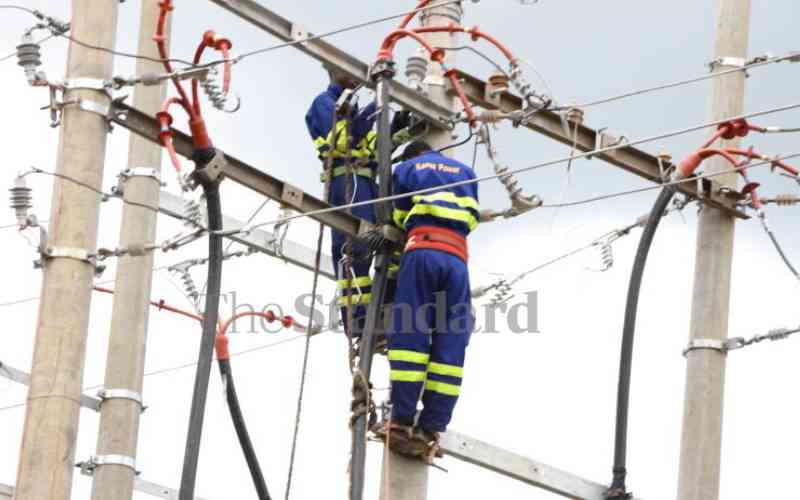×
The Standard e-Paper
Home To Bold Columnists

There has been much talk about flaws in public electrical power generation contracting expressing hopelessness on whether a solution is nigh. Indeed, things will look grim to the naked eye oblivious of the strategies which the government is putting in place.
Apathy levels are so high that mentioning actions of the former government sounds like escapism.